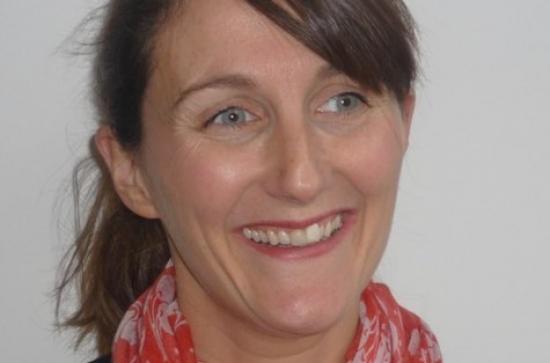
Geographers have, for some time now, been exploring issues of the alcohol environment focussing on the political, economic, social, cultural and spatial processes that shape such environments and responses to them. Related research has included both empirical, quantitative measures of the alcogenic environment and more social and cultural understandings of the spatial practices and processes of alcohol consumption, identity, lifestyle, behaviour and alcohol-related harm. The harmful use of alcohol poses a significant public health challenge. In 2012 3.3 million deaths, or 5.9% of all global deaths, were attributable to alcohol. This harm however is not evenly experienced with the burden falling heavily on the lowest socio-economic groups. In Ireland, as in many countries, alcohol consumption is more frequent in the more affluent socio-economic groups, however harm is highest in the lowest socio-economic groups. This is known as the alcohol-harm paradox. Within geography there has been a general neglect of the role that place may play in the differential impacts upon different sub-groups of the population. Within alcohol research, and in particular that focussing on alcohol outlet density, the tendency has been to treat the population as one group and measure the effects on the population as a whole. The belief that neighbourhoods will matter equally to all within them is flawed. This paper will explore the interaction between alcohol outlet density, socio-economic status and alcohol consumption. We query whether those living in neighbourhoods of high alcohol outlet density exhibit more risky alcohol consumption patterns compared to those in areas of low alcohol outlet density. Furthermore we explore whether or not this environment shapes consumption patterns equally amongst all socioeconomic groups. Finally the paper considers the policy implications of this research and charts the authors experience with knowledge translation and industry related feedback.
